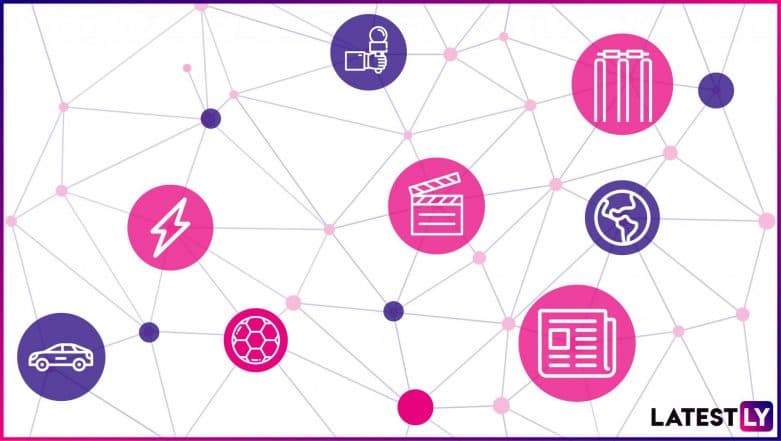The Hidden Leadership Opportunity In Amazon CEO Andy Jassy's AI Memo

reminder.Less
Getty Images for Amazon Web Services
Amazon CEO Andy Jassy recently shared a message with employees about the far-reaching impact of generative AI. While it’s no surprise that AI is embedded across every business unit at Amazon, a small text block, in particular, stood out to many people.
In the message to employees, Jassy shared: “We will need fewer people doing some of the jobs that are being done today, and more people doing other types of jobs. It's hard to know exactly where this nets out over time, but in the next few years, we expect that this will reduce our total corporate workforce as we get efficiency gains from using AI extensively across the company.”
Coming from a company of Amazon's scale, this was yet another signal of a significant corporate cultural shift. Jassy's message echoes recent warnings from Nvidia's Jensen Huang and Anthropic's Dario Amodei concerning AI. For some leaders, this can be unnerving. But for other leaders, this can equally serve as an opportunity for growth and reinvention.
In business, buzzwords like "adaptability" are frequently shared. However, with the disruption of AI, adaptability is a necessity for survival and advancement. Psychologist Carol Dweck, author of Mindset: The New Psychology of Success, wrote: "Becoming is better than being." That’s especially true now, as many leaders have built their identities around being experts, having all the answers, and optimizing what already works. But in this upcoming era, that posture and rigidity can become a liability.
One of the first steps toward adaptability is detaching from who you were and committing to who you must become. It means less ego, additional experimentation, and more curiosity. And most importantly, it means modeling this mindset for your team because the tone you set will shape how your organization responds to change. AI will test your business. But it will test your identity and ego even more.
You don’t need to become a world-class machine learning expert. However, it is essential to establish a solid foundation in AI fluency. This involves understanding what AI can (and cannot) do, how it applies to your specific domain, and how to effectively integrate it into your workflow, thinking, and leadership.
AI fluency starts with something deceptively simple: curiosity. Curiosity begins with asking more questions, such as, what can this tool do for how I lead? How might it improve my decision-making, communication, or strategy development? What’s the next skill I need to learn before I need it?
Curiosity opens the door to adaptability. Adaptability unlocks leverage. Leverage is how you create your unique competitive advantage. Think of it like driving: you don't need to know how every part of the engine works. But you do need to know how to steer the car. The leaders who learn to drive AI, even at a basic level, will quickly outpace those standing still, waiting for instructions or, worse, waiting until they're forced to catch up.
In sports, great players anticipate, and the same is true in business. Leaders must build and develop culture and numerous other entities before the need is urgent or before the market forces them to act. As Jassy noted, Amazon is operating like "the world’s largest startup." That means experimenting early, failing fast, and scaling what works. That playbook isn't just for tech giants. It's a leadership principle for any individual or team, regardless of size.
Whether you’re running a billion-dollar division, leading a five-person strategy unit, or attempting to build a healthier workforce, the message is the same: don’t wait to be told or forced to evolve. The longer you wait, the fewer your options and the more you're playing catch-up. By the time you desperately need a new capability, it's already too late to start building it.
Andy Jassy's message, like those from other CEOs discussing AI, can feel unsettling, especially when layered on top of today's broader uncertainties. But viewed through the right lens, this moment is shaping up to offer an asymmetrical upside for leaders who lean in. That opportunity begins with your identity, specifically, how you speak to yourself and how you perceive challenges and change. As Carol Dweck wrote, "The view you adopt for yourself profoundly affects the way you lead your life." That includes how you lead your team, your business, and your approach toward AI. The AI threat is real. But so is the AI opportunity. Choose the mindset that opens doors instead of slamming them shut.











